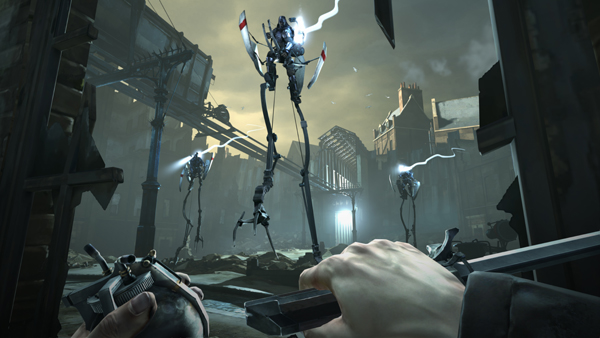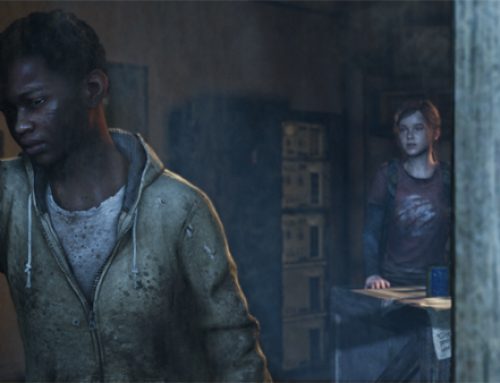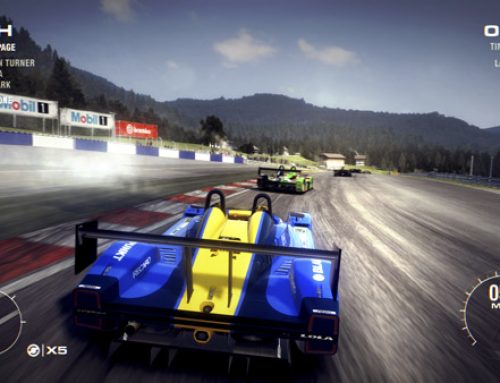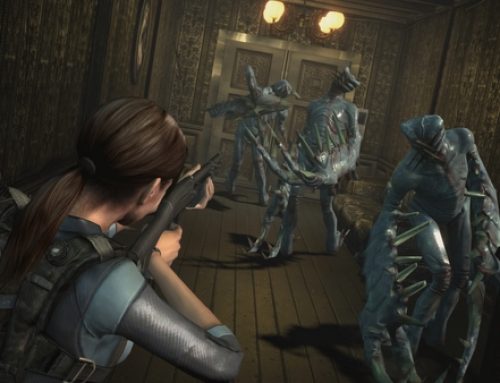
Arkane Studios' "Dishonored" approached player choice in a meaningful way, with your decisions actually affecting gameplay.
A year ago, I realized I was tired of shooting things in video games. For as long as I could pull it off while writing a monthly column, I avoided games that revolved around firing a gun, only occasionally starting up a co-op game of “Left 4 Dead 2” with my regular group. It wasn’t any kind of statement; I was just looking for something different.
Even though “Dishonored,” my favorite game of 2012, looks and plays a lot like a first-person shooter, its stealth-oriented gameplay and payoff for those who play nonviolently made it feel fresh and essential.
The revenge tale earns as many style points for its setting as it does for its gameplay. The kingdom of Dunwall, an island city-state in the midst of a whale-oil-driven Industrial Revolution, teeters on the brink of collapse. A mysterious, rat-borne plague ravages the population, while an array of sinister forces take command in a power vacuum created by the assassination of the empress, Jessamine.
You play as Corvo Attano, the former royal protector who’s been framed for Jessamine’s murder. All you have to do is escape prison, free Jessamine’s daughter, Emily, and restore your good name. Thanks to the benevolence of a supernatural, godlike being known as the Outsider, you’ll do this with an array of powers, such as the ability to teleport short distances, or possess living things for a brief period of time.
Although “Dishonored” (PC, Xbox 360, PS3) has plenty of flaws, namely a predictable plot, silent hero and middling visuals, it’s a blast to play because its huge levels encourage experimentation with myriad pathways and tactics. You can bust into a building through the front door, firing your pistol, swinging your sword and summoning rats to devour your enemies. Or you can teleport across light poles and balconies, entering through a third-story window. Or maybe you’d like to possess a guard and walk right by everyone.
These choices also affect how the rest of the game plays out. If you’re able to refrain from killing, resisting the allure of the absolute power the game puts at your fingertips, the world of Dunwall will be better off for your actions, even if “Dishonored” does a poor job of explaining why this is so.
As someone who prefers “BioShock 2” to the original for its poignant, father-daughter-driven tale, I found that Corvo’s relationship with Emily struck the right tone. I wanted to do as much good as possible to set an example for the kid, and that’s why “Dishonored” is my Game of the Year for 2012.
2K’s strong year
2K Games is arguably the publisher of the year with a excellent offerings in “X-Com: Enemy Unknown” and “Borderlands 2” (both PC, Xbox 360, PS3).
“X-Com” proved there’s plenty of fun left in the largely forgotten turn-based strategy genre. Taking control of an agency devoted to fighting off an alien invasion proved immensely satisfying, thanks to an array of research options, chess-like tactical battles and the constant threat of some new alien menace lurking just beyond my soldiers’ field of vision. “Enemy Unknown” wasn’t marketed as a horror game, but early encounters with some of its advanced enemy types rank among gaming’s most tense moments.
The profane, silly “Borderlands 2” built on everything its predecessor did well, even if it didn’t fix every flaw. With tons of replayability and sharply written downloadable content still arriving, it’s a shooter I could play for a couple hundred hours before I got tired of it.
Hours and hours
Scaling back the number of columns I write has allowed me to sink more time into lengthy role-playing games.
This year, I sunk a couple hundred hours into BioWare’s massive multi-player online game, “Star Wars: The Old Republic” (PC). Because of its release at the end of December 2011, I held it out of Game of the Year consideration last go-round. This year, it’s up there with the much-maligned “Mass Effect 3” (PC, Xbox 360, PS3), the ending of which rubbed a lot of players the wrong way. Sure, Commander Shepard’s saga ended poorly, but BioWare’s biggest sin was revisiting the ending in the name of trying to please everyone.
Blogger’s note: This actually ran in The Press Democrat in early January. Apologies for it making it to the blog so late!



